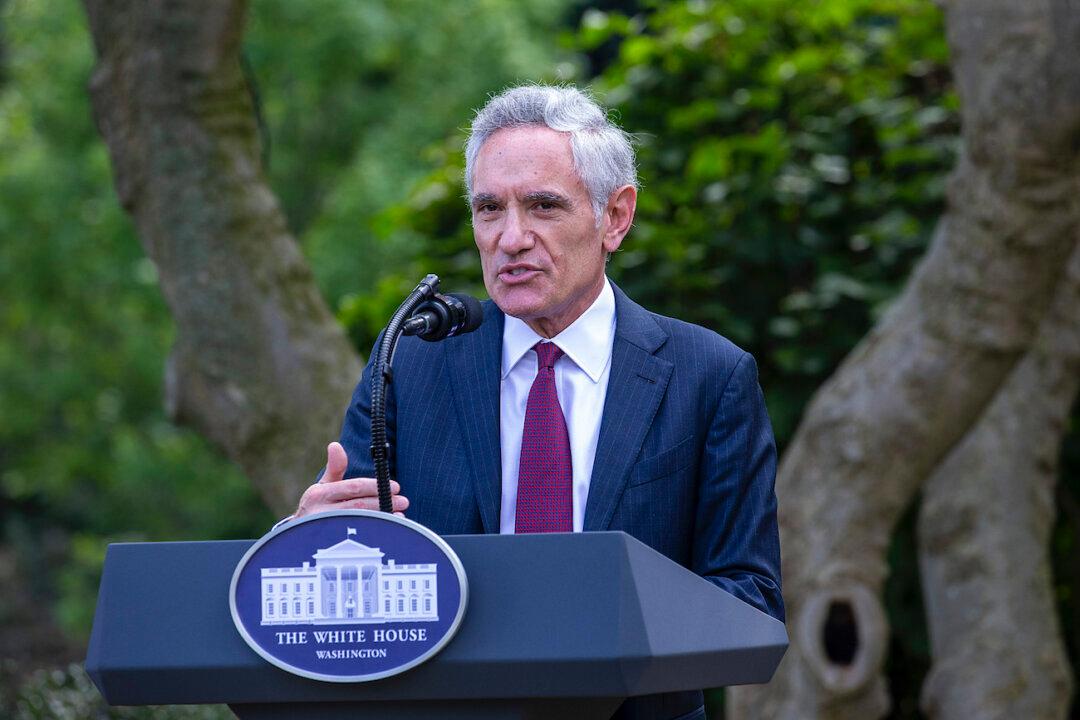FULL American Thought Leaders interview coming TONIGHT May 20 at 7 p.m. ET on Epoch TV: Scott Atlas: Lockdowns Not Only a ‘Heinous Abuse’ of Power, They Also Failed to Protect the Elderly
The lockdowns implemented to curb the transmission of COVID-19 in the United States and across the globe have not only been a “heinous abuse of power,” but they have also failed to protect the elderly and vulnerable, according to former White House COVID-19 adviser Dr. Scott Atlas.In an interview for Epoch TV’s “American Thought Leaders,” Atlas, a public health policy expert, suggested that the consequences of lockdowns, which he believes have been largely fear-driven, will be felt in the country for decades to come.






